Exposing unholy nexus between Dawood Ibrahim, al Qaeda,and the ISI
The US Congressional Research Service has is- sued a solid report on the nexus between criminal syndicates and terrorist groups.Entitled “International Terrorismand Transnational Crime:Security Threats, U.S. Policy, and Considerations for Congress,” there port has a section devoted to Dawood Ibrahim, the criminal don of South Asia. The report acknowledges that Dawood is aligned with al Qaeda, the Lashkar-e-Taiba, and Pakistan’s Inter-Services Intelligence agency.
Dawood Ibrahim’s D-Company Over time, a purely criminal group may transform, adopting political goals and new operational objectives. These organizations can form alliances with existing terrorist organizations or foreign governments to help achieve their strategic aspirations. Or they can initiate,direct, and perpetrate terrorist attacks without external assistance,resulting in the group becomin glabeled a terrorist organization.Criminal syndicates often already possess the operational expertise needed to engage in terroristacts. They may already employ terrorist specialists to conduct surveillance, transfer money, purchase weapons, build bombs, and eliminaterivals. A criminal organization can easily transfer this apparatus toward politically motivated ends. The result is either a truly evolved criminal turned terrorist group or a “fused” criminal terrorist organization that seeks to develop ties with like minded ideological movements. The use of criminal skills for terrorist ends raises the concern among some experts that terrorists may seek out criminals for recruitment or radicalization, believing them to be a higher skilled partner than non criminals. A criminal’s participation in terrorist activity, however, brings greater scrutiny from law enforcemen tagencies and politicians. Furthermore, a concentration on terrorist attacks could divert resources away from criminal endeavors, producing disillusionment and desertion among members who join edstrictly for monetary reasons.

Dawood Ibrahim’s D-Company, a5,000 member criminal syndicate operating mostly in Pakistan, India, and the United Arab Emirates, provides an example of the criminal terrorism “fusion” model. The U.S. Department of Treasury designated Ibrahim as a Specially Designated Global Terrorist (SDGT) under Executive Order 13224 in October 2003. In June 2006, President George W. Bush designated him, as well as his D-Company organization, as a Significant Foreign Narcotics Trafficker under the Foreign Narcotics Kingpin Designation Act (hereafter “Kingpin Act”).D-Company is reportedly involved in several criminal activities, including extortion, smuggling, narcotics trafficking, and contract killing. The organization has also reportedly infiltrated the Indian film making industry, extorting producers, assassinating directors, distributing movies, and pirating films.
Ibrahim began as a criminal specialist in Mumbai , India, first as a low-level smuggler in the 1970s and later as the leader of a poly-crime syndicate. He formed a thriving criminal enterprise throughout the 1980s and became radicalized in the 1990s, forging relationships with Islamists, including Lashkar-e-Tayyiba and Al Qaeda. D- Company’s evolution into a true criminal- terrorist group began in response to the destruction of the Babri Mosque in Uttar Pradesh, India, in December 1992, and the subsequent riots that killed hundreds of Muslims. Outraged by the attacks on fellow Muslims and believing the Indian government acted indifferently to their plight, Ibrahim decided to retaliate. A heretofore secular organization with a sizable Hindu membership now assumed the objective of protecting India’s Muslim minority. Reportedly with assistance from the Pakistan government’s intelligence branch, the Inter Services Intelligence agency (ISI), D-Company launched a series of bombing attacks on March 12, 1993, killing 257 people. Following the attacks, Ibrahim moved his organization’s headquarters to Karachi, Pakistan.
There, D-Company is believed to have both deepened its strategic alliance with the ISI and developed links to Lashkar- e-Tayyiba (LeT), which was designated by the United States as a foreign terrorist organization (FTO) in2001. During this time period, some say D-Company began to finance LeT’s activities,use its companies to lure recruits to LeTtraining camps, and give LeT operatives useof its smuggling routes and contacts.66Press accounts have reported thatIbrahim’s network might have provided aboat to the 10 terrorists who killed 173 peo-ple in Mumbai in November 2008. The U.S.government contends that D-Company hasfound common cause with Al Qaeda andshares its smuggling routes with that ter-rorist group. The United Nations has addedIbrahim to its list of individuals associatedwith Al Qaeda.

D-Company’s seeming transformationfrom a profit-motivated criminal syndicatedto a fusion crime-terror organization also al-tered its composition. Many of the Hindumembers left the group after the 1993bombings, with some forming a competinggang. While the organization reportedly col-laborates with LeT and Al Qaeda, the more secular orientation of D-Company’s leadership makes it unlikely that it will formally merge with those terrorist groups, analysts believe. Regardless, D-Company’s own terrorist endeavors, its deep pockets, and its reported cooperation with LeT and Al Qaeda, present a credible a threat to U.S. interests in South Asia, security experts assess. Lending his criminal expertise and net- works to such terrorist groups, he is capable of smuggling ter- rorists across national borders, trafficking in weapons and drugs, controlling extortion and protec- tion rackets, and laundering ill-gotten proceeds, including through the abuse of traditional value transfer methods, like hawala. By providing those organizations with funding, contacts, and logistical sup- port, it amplifies their capabilities and durability.
Dawood Ibrahim’s gang merger withthe Lashkar-e-Toiba: Two IslamicTerrorist Organizations come together forJihad against India – ISI reach will expandwith D-Company merger’. The merger ofDawood Ibrahim’s gang with theLashkar-e-Toiba at the behest ofPakistan’s Inter Services Intelligence(ISI) has Indian security agencies worriedsince the underworld gang will expandthe ISI’s reach in the country. “Manymembers of Dawood’s gang have beenindoctrinated and trained in the use ofweapons in the Bahawalpur centre of theLeT near Lahore. Funds are being raisedby investments in real estate and SRA projects in Mumbai and through smuggling of diesel and other essential commodities through the western coast spanning from Raigad to Mangalore along the Arabian Sea. We have warned Delhi about the smug- gling being carried out by the Dawood gang with impunity,” a security official said.

Asked why the ISI had roped in the D- Company in LeT activities, the official said, “The underworld’s penetration in Maharashtra, Gujarat, Karnataka, Andhra Pradesh and parts of Kerala and Tamil Nadu is very deep. By synergizing the D- gang with the LeT, the ISI’s reach has increased manifold. An out fit like the Students’ Islamic Movement of India could not have provided the kind of reach which Dawood’s gang can provide.”
Government sources brushed aside the hope in certain quarters that the installation of a democratically elected government in Pakistan would result in a decrease in LeT inspired violence since the ISI, which is heavily infiltrated by fundamentalist elements, is known to pursue its own agenda. D Company’ is now officially part of the Lashkar-e-Toiba’s terror network, with Pakistan’s notorious Inter-Services Intelligence (ISI) getting Dawood Ibrahim to merge his gang with the fundamentalist terror organisation as part of a game-plan to crank up its anti India campaign.
Sources in Indian agencies tracking ISI’s moves confirmed the coming together of the two outfits and the danger that it poses to India. “The underworld gang and the Lashkar jihadis have been knocked into a single entity and this has serious implications for India’s internal security,” a senior intelligence official. ISI’s links with D-Company are old, going back to 1993 when Pakistan’s external intelligence agency used Dawood and his henchmen to execute the March 12 terror attack on Mumbai in what marked the first instance anywhere of serial bombings. There has since been a shift in the dynamics of ISI-Dawood equations, reducing D-Company from being a useful ally to a group of individuals dependent on ISI to escape international law agencies.
Following the Mumbai blasts, Dawood along with his accomplices Chhota Shakeel and Tiger Memon fled to Pakistan. Pakistan has since shielded them from India and the new anti-terrorism sensitivities post-9/11 which saw Dawood being branded a global terrorist by the US. But the hospitality has a tag attached to it: complete dependence for survival on ISI, which does not mind displaying its leverage visa-vis the once ruthless gang. The merger will, inevitably, transform the character of Dawood’s gang, which did not display any communal tendency before the serial bombings aimed against members of a particular community.
In fact, many of their business partners were non-Muslims like Raj Shetty. Chhota Rajan was also a senior member of the gang before splitting in protest against the serial blasts triggered by Dawood, Shakeel and the Memons. “The serial blasts were essentially a retaliation for the January 1993 communal riots. But now there is a qualitative change with D-Company becoming part of a jihadi organisation like the LeT. Earlier, this gang’s members were not religiously indoctrinated, but now they are. The motivation now is not money, but religion,” a senior official said.
The joining of ranks with Lashkar, one of the most dangerous terrorist outfits which treats “liberation” of large tracts of India from “Hindu domination” as its religious obligation, can help ISI to further its subversive agenda. Stints with Lashkar camps can morph Dawood’s band of urban gangsters into well-armed and jihad-driven terrorists. On the other hand, Lashkar benefits immensely from collaboration with D-Company which continues to attract recruits and has acquired financial muscle by venturing into mainstream commercial enterprises without letting go of its original money spinner, smuggling.
— OEMCL New Services with inputs from our Dubai Bureau







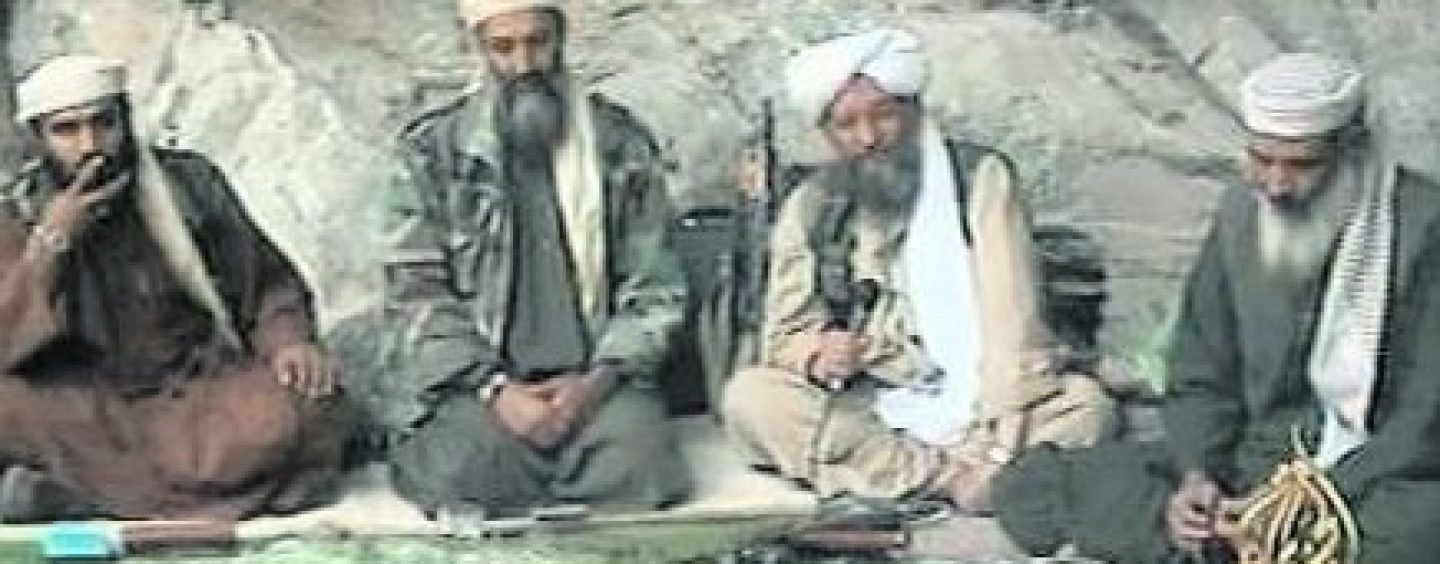
 OpinionExpress.In
OpinionExpress.In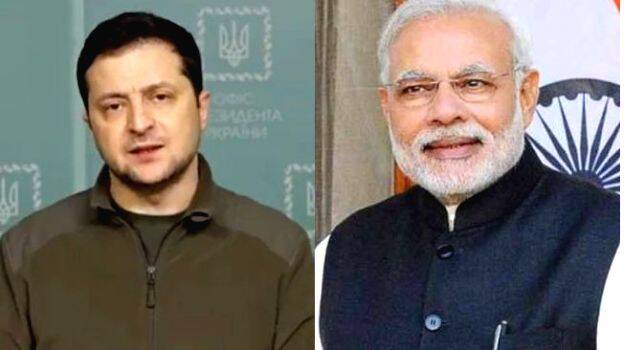

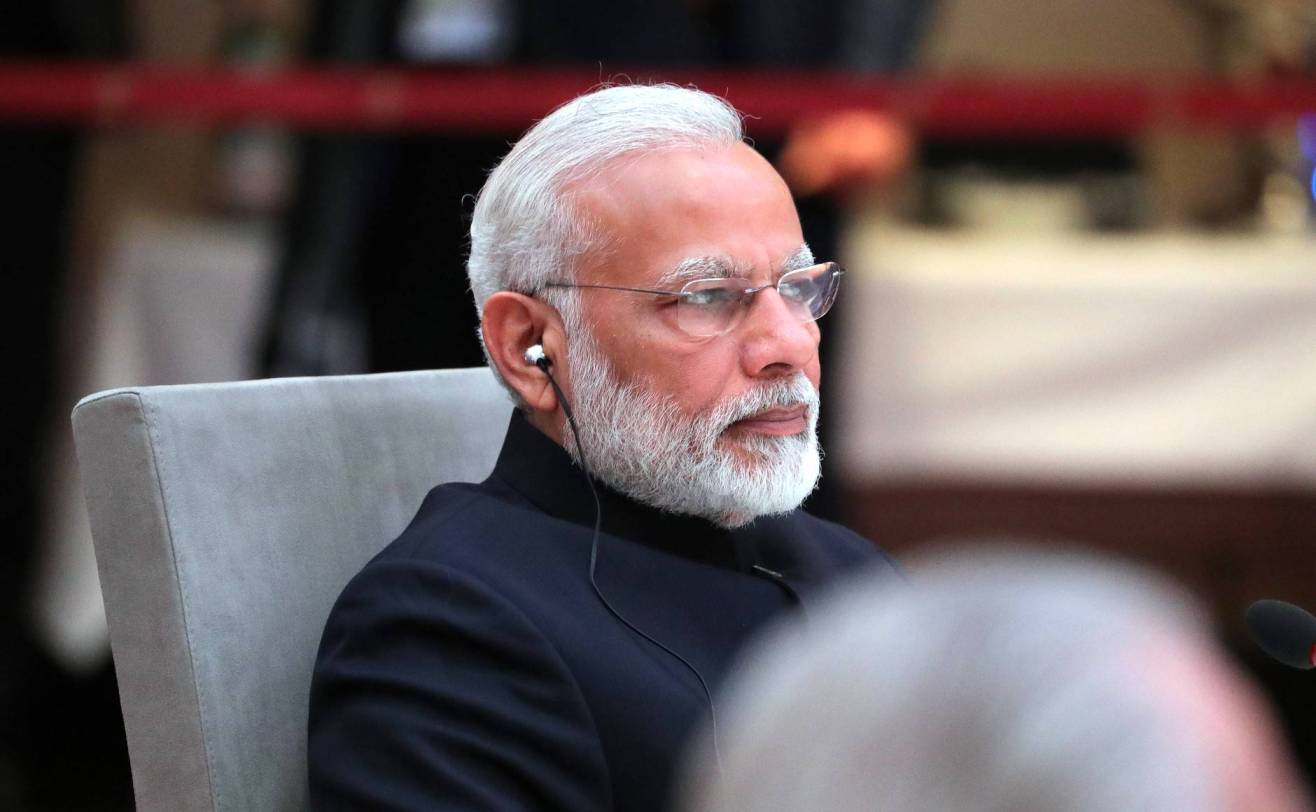
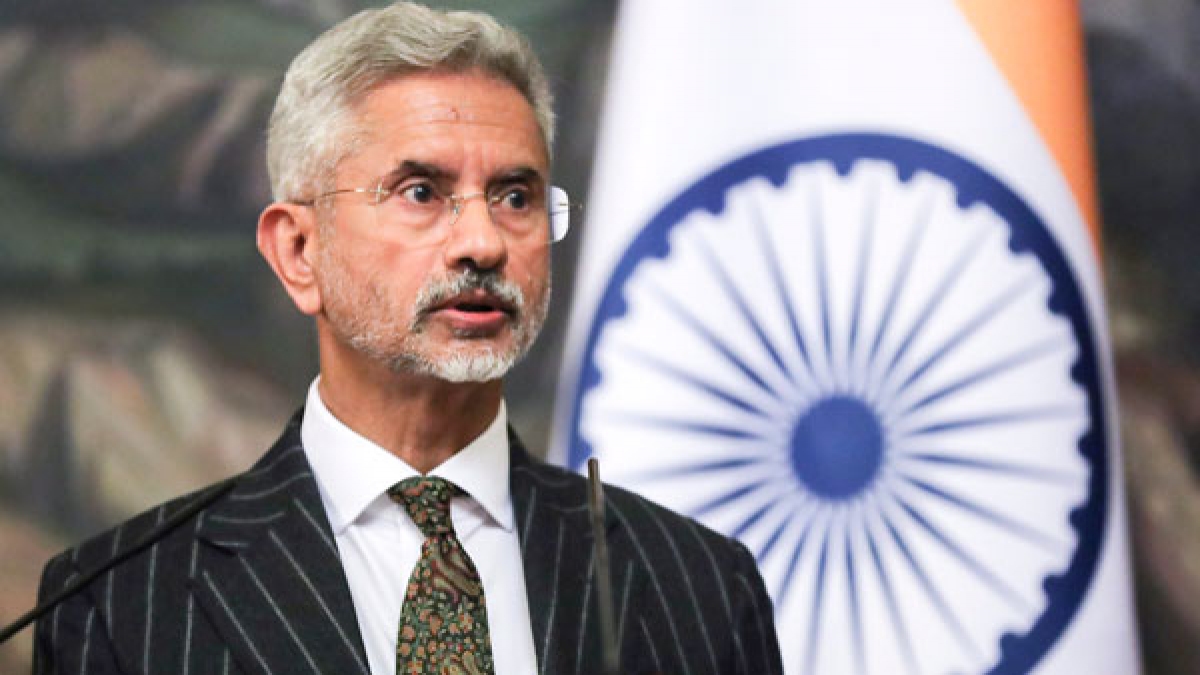
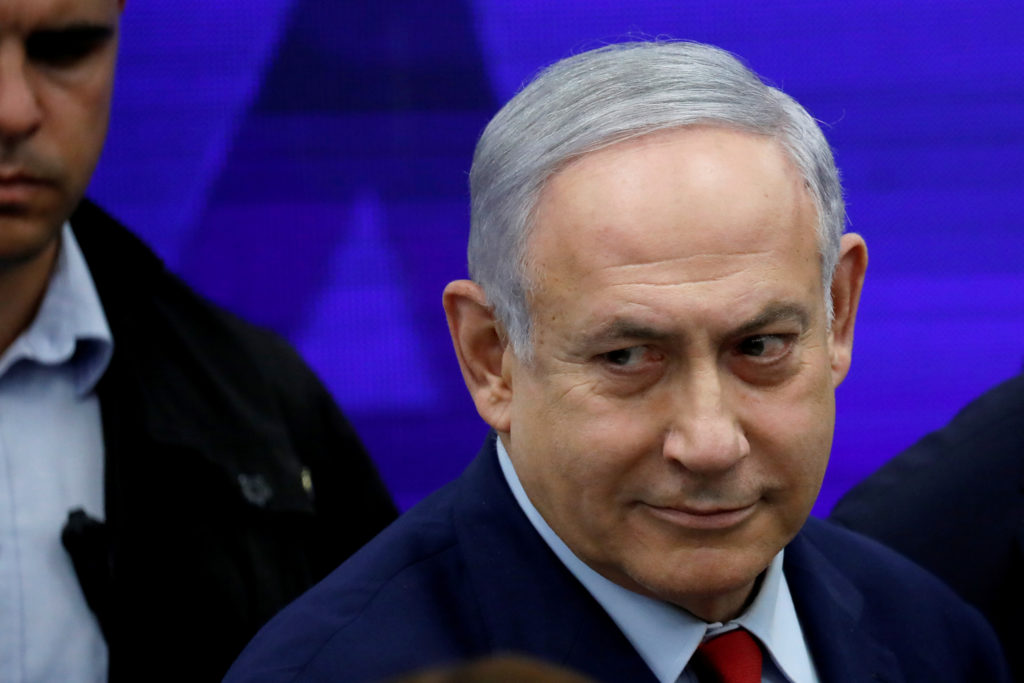
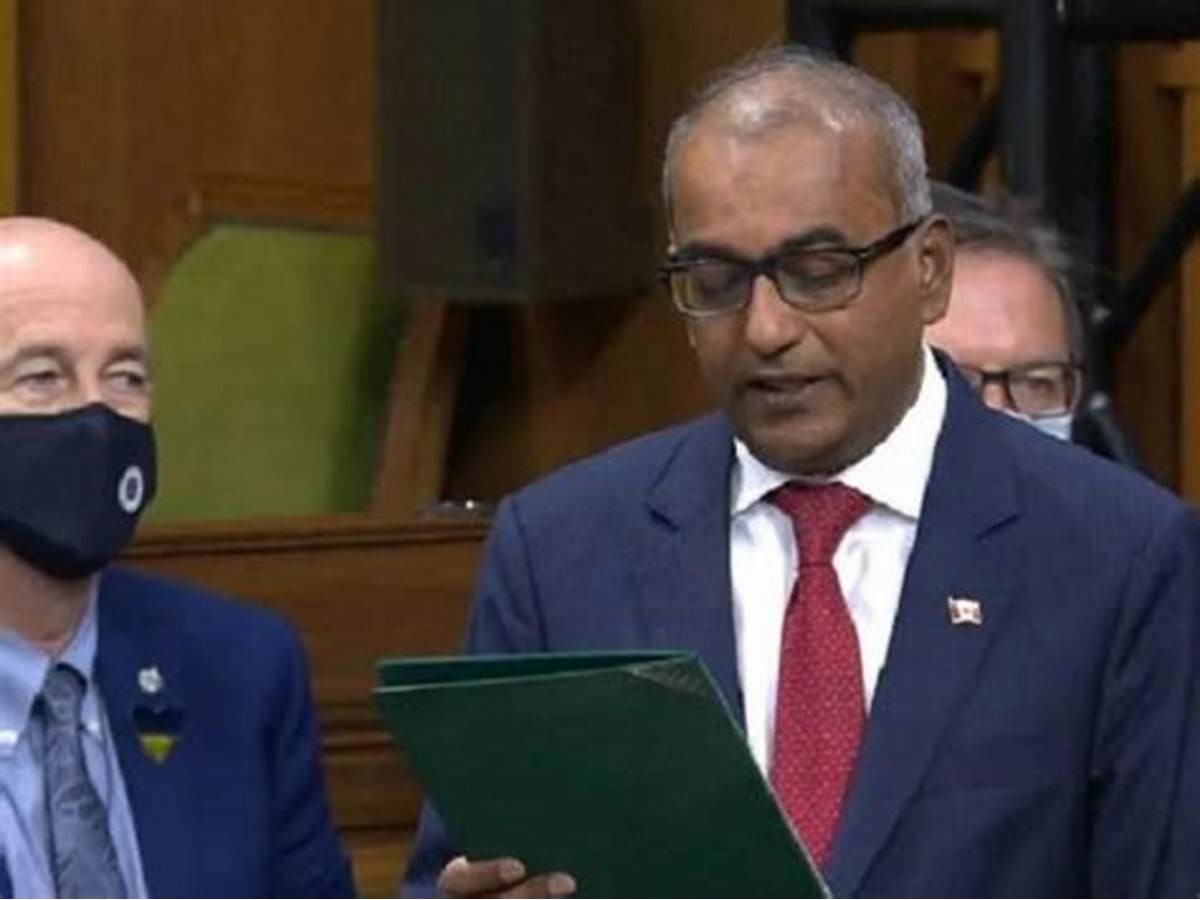
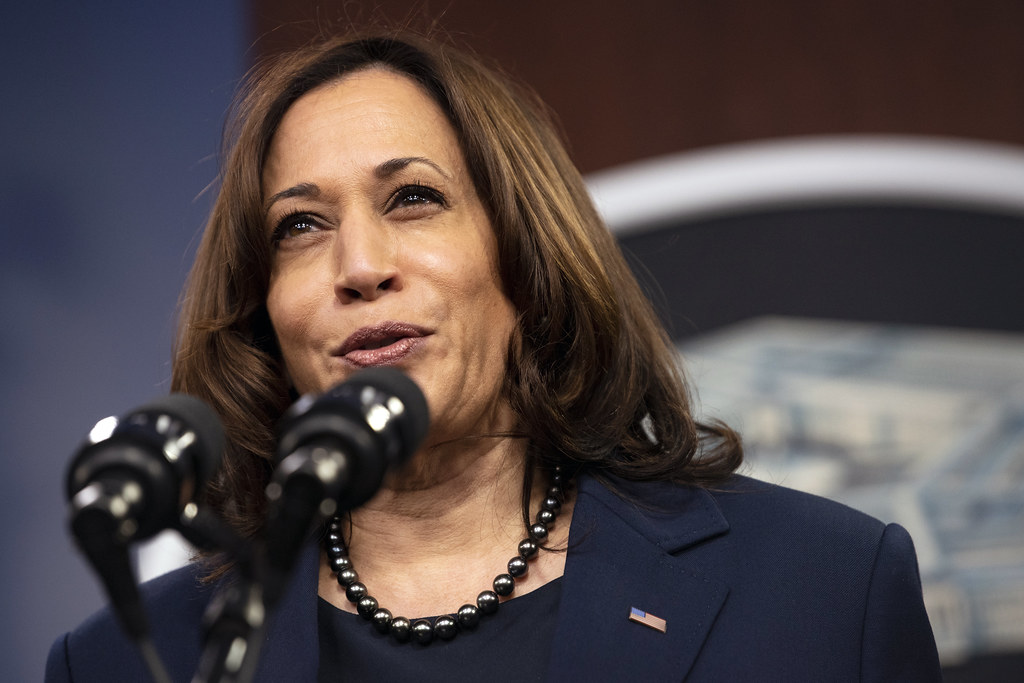


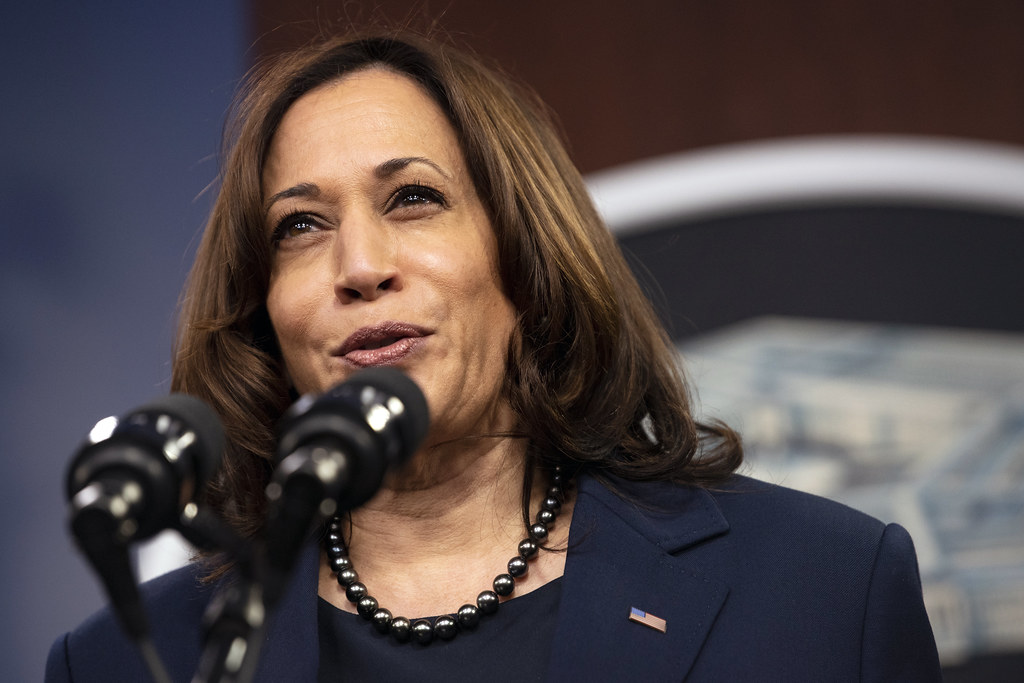






Comments (0)